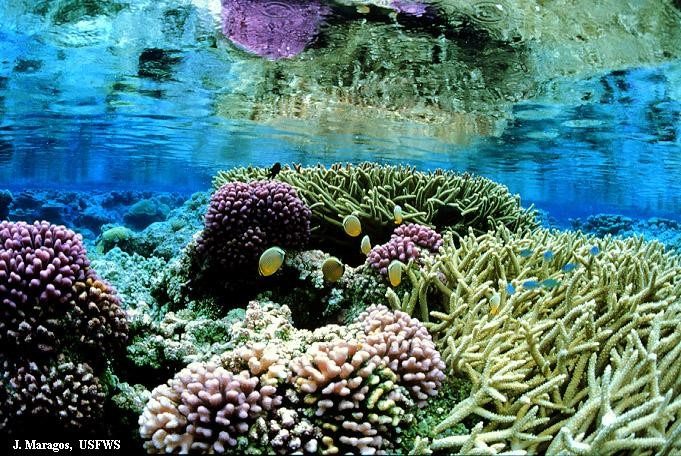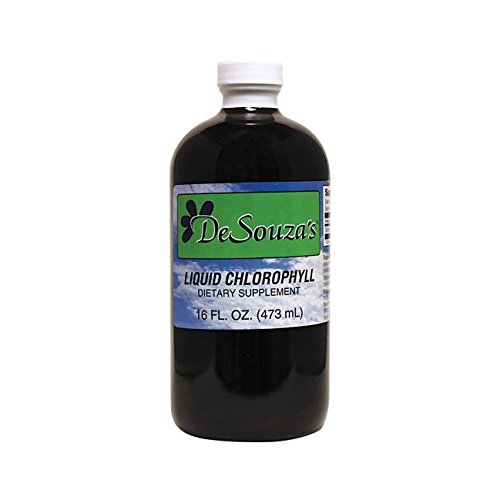You should consider adding pure liquid chlorophyll to the diet of your goldfish. Why? Quite simply there are some major similarities in the biological make-up of goldfish and that of humans. For this reason they definitely require similar nutrients for growth. And most importantly, they share the need for chlorophyll.
Just as other living creatures depend on chlorophyll for growth, so does your goldfish. If your pond doesn’t have algae and you don’t intend to grow any, you really need to consider adding chlorophyll to the diet of your fish to keep them healthy.
Why is Chlorophyll so important?
It’s the green pigment present in all green plants. It’s responsible for the absorption of light to provide energy for photosynthesis.
Photosynthesis is the process by which plants that have chlorophyll utilize sunlight to manufacture food from water and carbon dioxide, generating oxygen as a by product.
Green plants synthesize their nutrition from the elements in their surroundings through photosynthesis.

In humans chlorophyll is known to sabotage unfriendly bacteria while sparing friendly bacteria. Additionally chlorophyll scavenges free radicals and oxygen reactive species that are known to cause cancer. It’s rich in essential nutrients like iron and vitamins like E and C, therefore promoting good health and helping to slow the aging process.
Importantly it’s also known to improve the immune system, fight infections and reduce cholesterol levels. It’s an antioxidant and a source of essential amino acids and proteins.
Where does the chlorophyll come from?
In fish ponds for example, chlorophyll is derived from algae and other plants that provide this all-important green matter. If there isn’t enough plant life in the pond to provide this nourishing substance for the goldfish, it’s recommended that you add pure liquid chlorophyll to the diet of your goldfish.
If you intend to use it in a pond use only the pure version and only mint is allowed as an additive. Click on this link for more fish pond information
![]() Chlorophyll is a food substance, so don’t place the product in heat above 70 degrees.
Chlorophyll is a food substance, so don’t place the product in heat above 70 degrees.
The role chlorophyll plays in the health of fish
This wonderful substance is known the world over to treat infections and improve immunity.
- It improves oxygen levels in fish that are suffering or have suffered from nitrate or nitrite poisoning. It can be orally administered by adding it to gel food. Also the fish can be given a green liquid bath or even combine the two for even better results.
Nitrates are frequently mistaken for toxins similar to nitrite but it’s not the case. Nitrate and nitrites are similar but nitrates are much more harmful in excessive levels. Excessive nitrate levels cause dangerous conditions in water through oxidizing the iron atoms in haemoglobin, thus reducing the supply of oxygen to the tissues.
This condition is referred to as methemoglobinemia.
It’s important to constantly monitor your aquarium.
- Adding plants to your tank is a good way to ensure a healthy tank, helping to keep nitrate levels down to a healthy balance in your aquarium
- Make sure you don’t over-feed your fish, and remove uneaten food promptly
- Avoid adding too many fish to your aquarium. More fish creates more waste which creates more nitrates
- Good filter maintenance will also keep nitrates to a safe level.
- Chlorophyll improves oxygen levels in the red cells thus countering the effects of nitrate poisoning.
Updated October 2018

